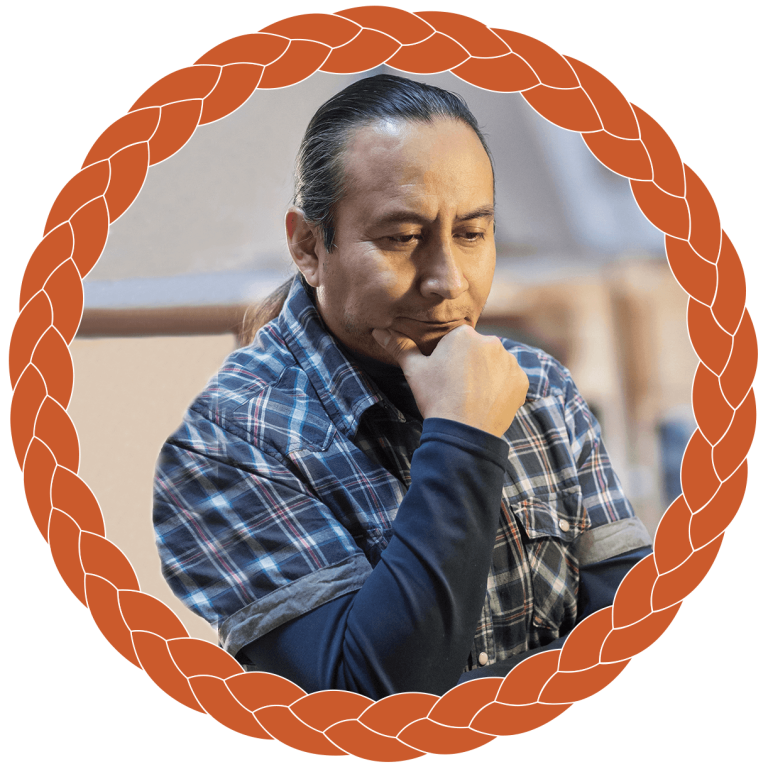
CEDI supports First Nation-Municipal partnerships across Canada to build sustainable relationships and to engage in joint long-term land use and community economic development planning and initiatives.
Since 2013, CEDI has engaged with:
Current Partnerships
Graduated Partnerships
First Nation Partners
Municipal Partners
The CEDI Stronger Together approach was developed as part of the pilot phase (2013-2016) in collaboration with participating First Nation-municipal partnerships, creating a community-informed four-stage approach to First Nation-municipal partnership development and collaborative planning. This third-party neutral process is designed to strengthen the relationships among the communities through an ongoing cycle of convening, listening and uniting.
Although most First Nations and municipalities across Canada engage in community economic development planning and initiatives, they most often do so in parallel since they work in different jurisdictions.
CEDI partnerships have identified many benefits to working together on joint CED, namely: improve regional economic development prospects, including employment opportunities, external investment and long-term sustainability; all while enhancing relationships with their neighbours and community members.
Beginning as a pilot program in 2013, CEDI worked with six First Nation-municipal partnerships across Canada. Some embarked on economic diversification and tourism plans, while others sought to attract new investors to their region. Most found that in the end, their partnership had gained new tools to implement their shared visions. Learning with and from the Phase 1 partnerships, in 2016, the CEDI Stronger Together Toolkit was created. The Phase 1 partnerships are as follows:
In 2016, Cando and FCM were pleased to launch Phase 2 of the CEDI program. Between 2016 and 2021, CEDI worked with nine First Nation-municipal partnerships across Canada, including 15 First Nations and 12 Municipalities. Several partnerships worked on joint land-use planning, while others focused on tourism, infrastructure, transportation and workforce and employment, and many others. In total 30 joint initiatives were created and $24.7 million was leveraged in provincial and federal funding in Phase 2 alone. The Stronger Together Toolkit was downloaded over 8000 times during this phase. Phase 2 was delivered over three cycles, and the Phase 2 partnerships are as follows:
Cycle 1 (2016-2019)
Cycle 2 (2017-2020)
Cycle 3 (2018-2021)
Beginning in early 2022, CEDI Phase 3 was pleased to welcome a new cohort of eight First Nation – municipal partnerships from across Canada to participate in the program. As an evolution of the program, and in order to best suit the needs of each selected partnership, Phase 3 is offering two program streams: the three-year standard and a two-year accelerated participation option.
Demand for the CEDI program remains very high and with resources to support only eight First Nation-municipal partnerships, the CEDI program was overwhelmed with twenty-eight joint applications from 34 First Nations (including 1 Tribal Administration) and 34 local governments (including municipalities, counties, and regional districts) from across Canada. We continue to work hard to identify sufficient funding mechanisms to meet this overwhelming demand for support from First Nation-municipal partnerships.
Beginning in early 2024, CEDI Prairies Region was pleased to welcome a new cohort of five First Nation – municipal partnerships from across Alberta, Manitoba and Saskatchewan to participate in the program.
Joint CED promotes reconciliation, collaboration and the recognition of common values and goals. Other benefits include:
Marissa Lawrence
Senior Program Officer, Cando
Tanya Tourangeau
Reconciliation Lead, FCM